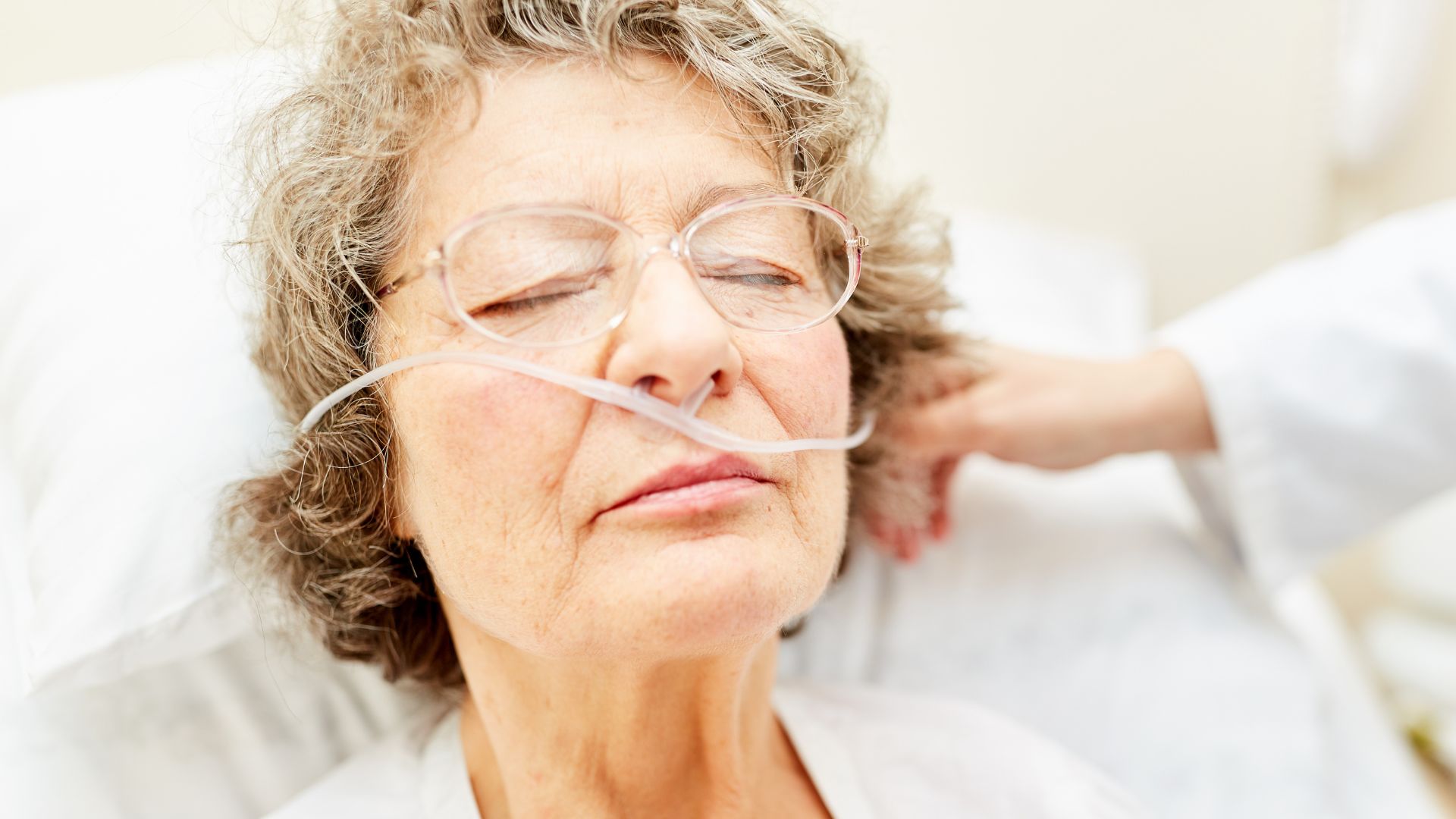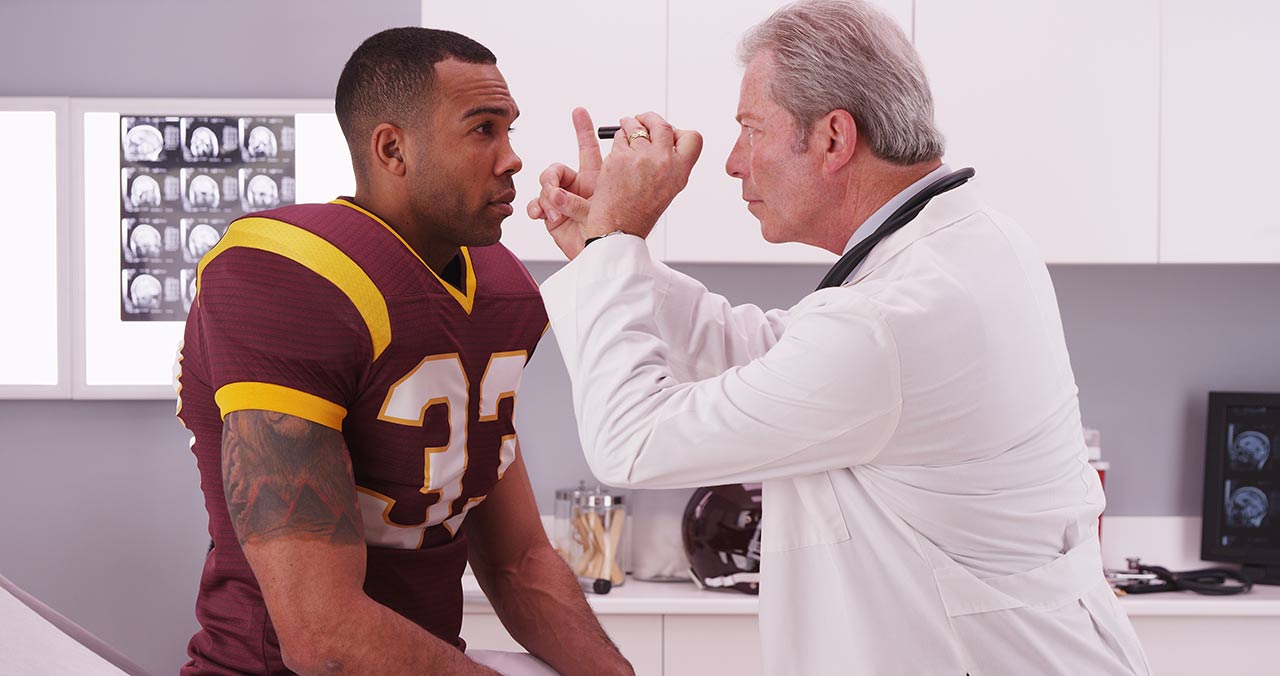
COPD is a long-term, inflammatory lung disease that makes it hard for air to get into and out of the lungs. Breathing difficulties, coughing, mucous production, and wheezing are all symptoms. Long-term exposure to irritating chemicals or particles, most often cigarette smoke, is the most common cause. Heart disease, lung cancer, and other diseases are more likely to happen to people with COPD.
Causes of COPD
The majority of cases of COPD are caused by tobacco smoking (cigarettes, pipes, cigars, etc.) and secondhand smoke.
Many people develop COPD from workplace fumes, chemicals, and dust.
Even if a person has never smoked or worked in an environment with significant lung irritants, genetics can still play a role in the development of COPD.
Smoking: In the United States, smoking is the leading cause of COPD. Smokers consume approximately 4,000 substances. Over forty of them are carcinogenic. When smoke enters the lungs, it causes irritation and inflammation. White blood cells then flow to the area and secrete potent enzymes that break down lung tissue. Usually, the body can defend itself against these enzymes. Tobacco smoke, however, can bypass these barriers and cause COPD.
Additional Dangerous Pollutants: Long-term inhalation of dust, fumes, or chemicals may also result in COPD. This is more common at work but can also happen at home.
Potentially hazardous substances in the workplace include ammonia, asbestos, carbon monoxide, dust, and fumes. Toxins in the home include dust, smoke, cleansers, spray chemicals, mold, and bacteria.
Even if these chemicals do not contribute to your COPD, you should avoid breathing them. Inhaling these toxic chemicals can worsen COPD and respiratory problems. Risk reduction is the practice of preventing these hazardous substances. (Mayo Clinic & COPD Foundation)
Living With COPD
People with COPD should take extra precautions to protect their lungs and maintain their health. Among the methods for maintaining health are:
Quit smoking: Smoke irritates the lungs and makes breathing more difficult. Make your home and car smoke-free and avoid passive smoking. Request that others refrain from smoking around you.
Eat well: People with COPD expend more energy breathing, so proper nutrition is critical for leading a healthy and active lifestyle.
Check the air quality: Stay active while remaining safe. Learn about the outdoor air quality in your area. On hot, bright, and humid days with little wind, harmful substances can stay in the air, resulting in poor air quality.
Annually, get a seasonal flu shot. Influenza and other respiratory infections can be fatal in people with lung disease. (Resphealth.org)
Exacerbation or Flare-up: Prepping For Emergencies
When the respiratory symptoms of COPD worsen, this is referred to as an exacerbation or flare-up. While everyone reacts differently to exacerbations, there are several potential warning signs, including difficulty breathing.
Exacerbations become more common as lung function declines in the later stages of COPD. Each time they occur, they have the potential to cause permanent, irreversible lung damage; therefore, it is critical to learn how to reduce your risk. Exacerbations may require hospitalization, antibiotics, oral corticosteroids, and days or weeks of treatment.
A viral or bacterial lung infection most commonly causes exacerbations. Still, they can also be caused by items or situations that make breathing difficult, such as smoking, exposure to smoke, or air pollution. (COPD.com)
Emergency Fact Sheet
Even if you’ve never had an exacerbation, it’s critical to work with your doctor to develop a plan for what to do if your symptoms worsen.
If your COPD symptoms become more severe or persistent, contact your doctor, visit the nearest emergency room, or call 911. Acute shortness of breath and chest pain, agitation, confusion, or drowsiness, can be symptoms of severe COPD.
When exacerbations occur, it is easy to panic, so it is critical to be prepared ahead of time. Fill out a sheet of paper with all your emergency information and distribute copies to a designated emergency contact person and additional trustworthy family members or acquaintances.
Create a COPD Emergency Sheet with your doctor and plan the instructions:
Contact Information
Your emergency contact’s name, who may be able to assist you if you become incapacitated.
HCP List
A list of your medical providers. Include names, phone numbers, and any other relevant contact information.
Medication List
A list of your prescriptions so that emergency room personnel can avoid giving you medications that could interact with your current medications. (COPD.com)
Practice Good Health and Be Prepared
COPD is a chronic condition which can be controlled with a healthy lifestyle and diet.
It is also crucial to maintain a healthy, balanced diet to prevent obesity, which can exacerbate shortness of breath, and underweight, which is associated with a worse prognosis. Your physician or nutritionist can recommend nutritious food options.
As symptoms become more chronic and difficult to manage, it is best to have a plan of action ready for your caregiver to have available in emergency situations.
Works Cited
Mayo Clinic. “COPD.” Mayo Clinic, Mayo Foundation for Medical Education and Research, 15 Apr. 2020, www.mayoclinic.org/diseases-conditions/copd/symptoms-causes/syc-20353679.
COPD Foundation. “What Causes COPD?” COPD Foundation, www.copdfoundation.org/What-is-COPD/Understanding-COPD/What-Causes-COPD.aspx?gclid=CjwKCAjwoMSWBhAdEiwAVJ2nduSaX5PDN-ZQv0ed2xjH7GeI5USh35ADs7bfg8MBaqw-8BHZ_4oWaRoCD10QAvD_BwE.
Respiratory Health Association. “Living with COPD.” Respiratory Health Association, 28 Mar. 2018, resphealth.org/healthy-lungs/copd/living-with-copd/.
COPD.com. “What Is a COPD Exacerbation?” What Is a COPD Exacerbation? | COPD.com, www.copd.com/copd-progression/copd-exacerbations/#:~:text=You%20should%20contact%20your%20doctor,agitated%2C%20confused%2C%20or%20drowsy.





